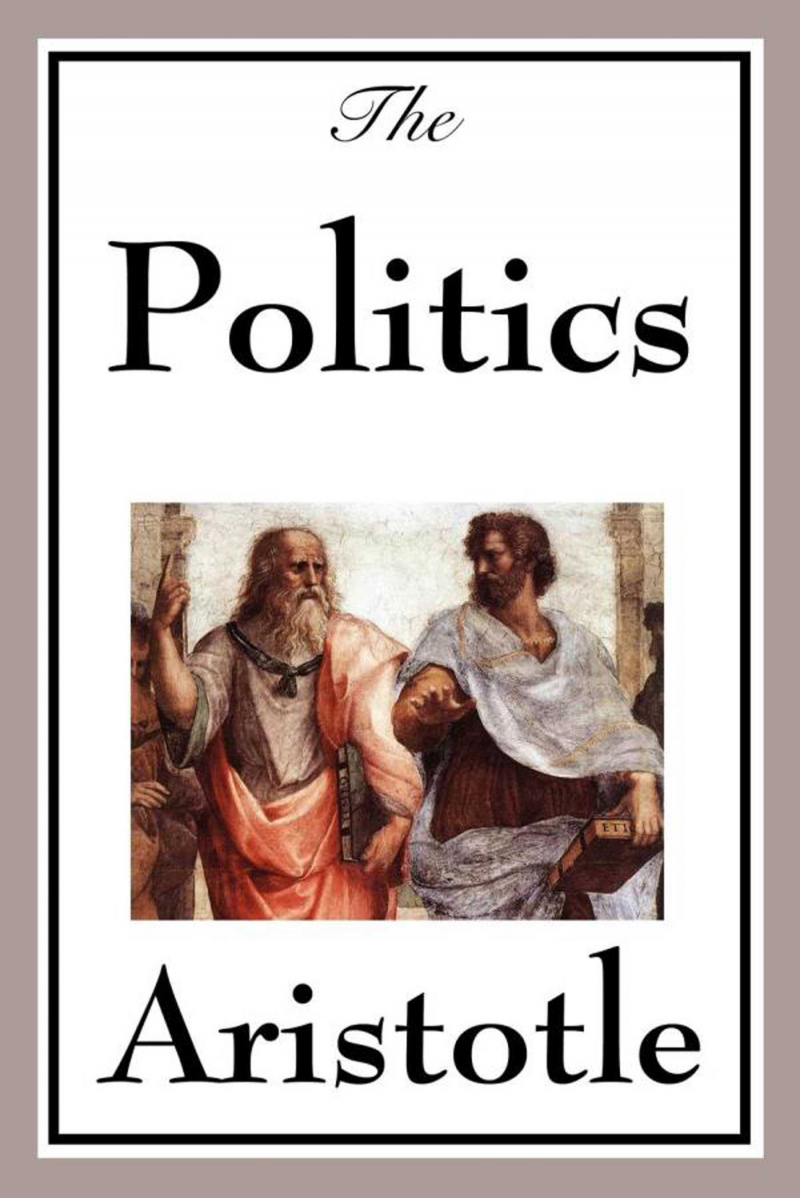He significantly influenced political philosophy
Aristotle's political ideas lie under the category of practical science, which is concerned with moral behavior and reforms. His fundamental political tenet is that a state's aims or objective should be to promote virtue and happiness. A state's constitution (politeia), which unites the statesmen and resources in its laws, is its core. These laws function in a prosperous manner and further the goals of the state. The topography and the ethnic makeup of the population are other significant influences, although it is of the utmost importance.
His approach consisted of a detailed study of events, and 158 city-state constitutions were the subject of his research. Aristotle went on to identify other types of political cohesiveness, including democracy, aristocracy, polity, monarchy, and oligarchy. Like his tutor, he favored polity above democracy and did not support it.
He did, however, draw a comparison between political duties and medical duties. It suggested that whichever system monarchy or democracy was better for the state must be used. Aristotle viewed politics as a practical science, thus there was no set way to run things. He promoted careful observation and in-depth research. It may take years to completely appreciate the political theory of Aristotle, to which the Middle Ages authors devoted their whole lives.














